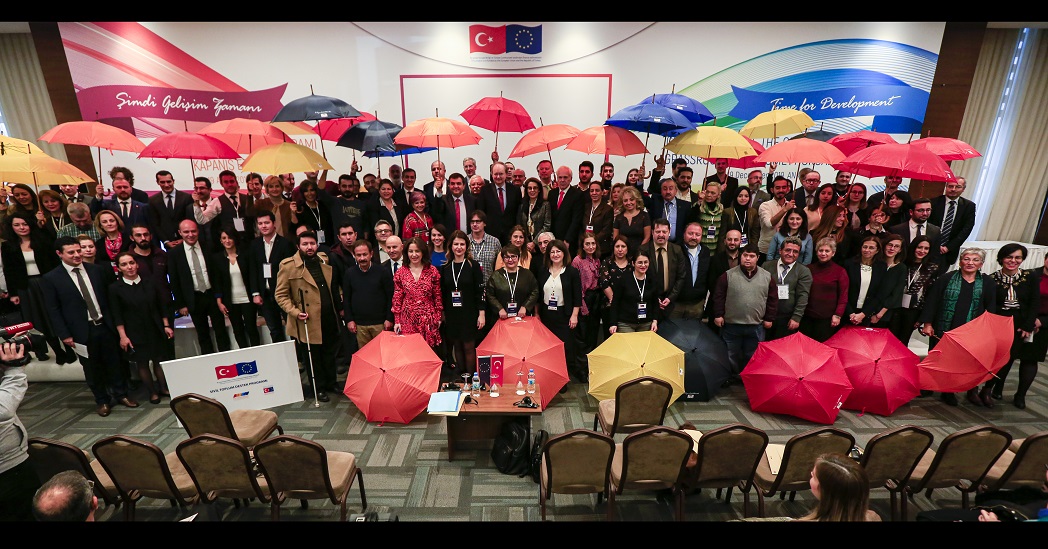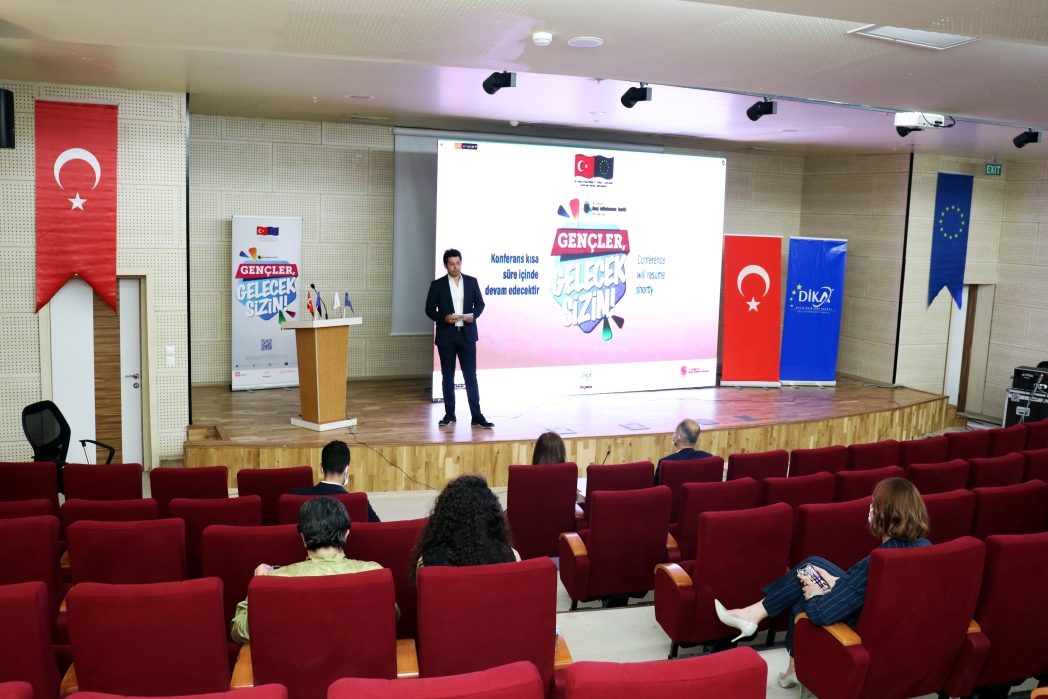Levent Erkan, Chair of WEglobal, was interviewed by Joe Miller, WEglobal Board Member about the company’s achievements and progress.
JM: It’s now a year since the launch of WEglobal. Are you happy with your progress?
LE: We are. We launched a new brand, bringing together three development companies, each with a positive history. Our integration had its challenges, but it was good and smoother than we imagined. Our people owned the new company and brand and it was well received among our international partners and clients. And we have started to see good progress.
JM: What have been your main achievements?
LE: Our successes have mainly been the projects we’ve been awarded and are now implementing. Currently, we have 28 projects in 11 countries. Seeing the results from projects really matters to me. In our tenders we always try to find the best ideas and ways to implement them, and then it’s great to see the impact our work is having on important issues, like climate, young people in work, women’s empowerment, and governance. Our job is to make a positive contribute to long-term change. And though we are happy with our progress, we know that there is much more to do.
JM: WEglobal is investing a lot in technology and digital solutions. Can you tell me about the impact this is having in the projects?
LE: The technologies we use to manage our projects allow us to share data with our clients. They can monitor projects in real time. Everything is transparent. For example, they can see when a deadline is approaching or if an activity is behind schedule. This means that they can intervene and ask questions or make suggestions. Their feedback helps to make the projects more effective.
We are also beginning to see our technologies positively affect the projects themselves. For example, our events are making more impact; digital platforms are reaching out to more people; and we are continuously learning about multiplying successful practices through digitisation.
We are also digitising all our internal systems and units step by step to be an efficient and effective information technology driven company.
JM: The countries you work in face major challenges in transforming themselves to meet the economic and social aspirations of their people. How do you make an impact?
LE: That’s true. I’ve just returned from Moldova, probably the poorest country in Europe, but aspiring to join the EU. Moldova’s journey to EU membership will involve changing everything – laws, regulations and day-to-day practices, such as in food safety and product and service quality and creating a transparent and fair legal system. We are helping Moldova to make these changes, especially in improving the quality of products and services, and to increase the flow of reliable information between government and society, ensuring that its people know about the progress being made.
We achieve impact by harnessing our global experience to offer the best advice, training and technology possible and by delivering our services through an increasing number of strong local bases, strengthening the capacities of the institutions and people we work with in government and private sectors, so that they can continue to make progress. It’s what we refer to as sustainability.
JM: I was interested to see that you recently won a project to support the ICT sector in Kosovo. This exactly matches your commitment to ICT. Can you tell me about this project?
LE: I was recently in Kosovo and I was really impressed with the progress the country is making in ICT. We have partnered with three successful ICT businesses to help accelerate the development of the sector. Our team is working with government, education and training organisations and private sector companies to develop skills for ICT businesses and exporters and to harness ICT in traditional sectors for productivity and growth improvements. We have proposed a two-way information exchange using hand-held devices to reach out to the whole community.
Our aim is to leave behind a legacy of skilled people, a better education system for building ICT skills, strengthened institutions that can drive development in the sector forward, more ICT businesses and stronger traditional businesses with increased export potential. Again, in delivering our international skills and resources, we ensure local ownership and leadership.
JM: Our climate is threatened; wars and poverty are displacing people who then try to find a better life elsewhere in the world. We appear to be divided more than ever between the haves and the have nots. How do you see your work in this context?
LE: Achieving globalisation that benefits everyone is a great challenge. Corruption and weak governance often impede progress, even in inherently wealthy countries. Our development work is crucial in building stronger governance and institutional capacities and helping the private sector grow and employ people. I believe that countries should focus on their most promising sectors and make them attractive to investors, especially investors with values.
The international finance organisations and the European Commission are increasingly using their investment funds to leverage more private sector investment, taking away some of the risk and cost of investing in developing countries and countries that are lagging behind. I welcome these moves. We see our role as contributing our development know how to ensure the most effective and sustainable use of investments.
JM: The SDGs (Sustainable Development Goals) are aimed at saving our planet and providing all people with opportunities to live good lives. However, their implementation is lagging well behind and their impact may not be strong enough. What are you doing about this in WEglobal?
LE: You’re right. The world is way off meeting the targets for the SDG 2030 Agenda. I saw recently that there is a yearly investment gap of around $2.5 trillion for the achievement of the SDGs. We all need to scale up and do more. And the brutal fact is that time is not on our side.
That said, at WEglobal, we are already contributing to 15 out of the 17 SDGs through our projects. For example, we are becoming increasingly involved in promoting climate actions and creating decent jobs for people. And we can provide advice and help others to implement the SDGs and improve the way we monitor the impact we and our partners are having.
We are determined that WEglobal will play its part in achieving the SDGs as a company and in our development work.
JM: May I come back in a year’s time to ask you about the actual progress you have made in achieving the SDGs?
LE: Of course. I want you to do just that. It will make us even more determined to make a difference.







